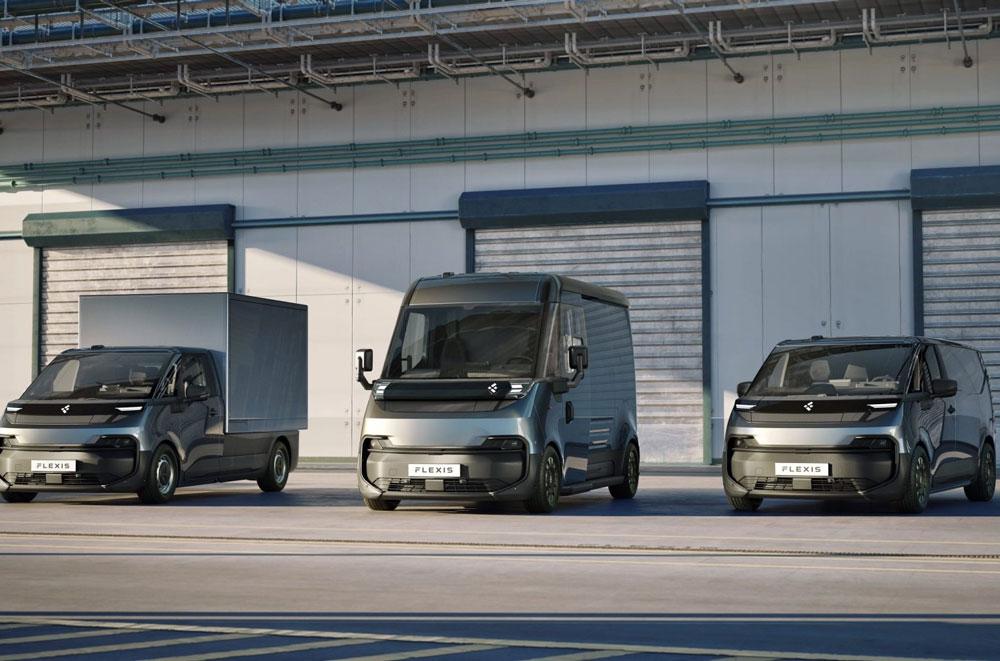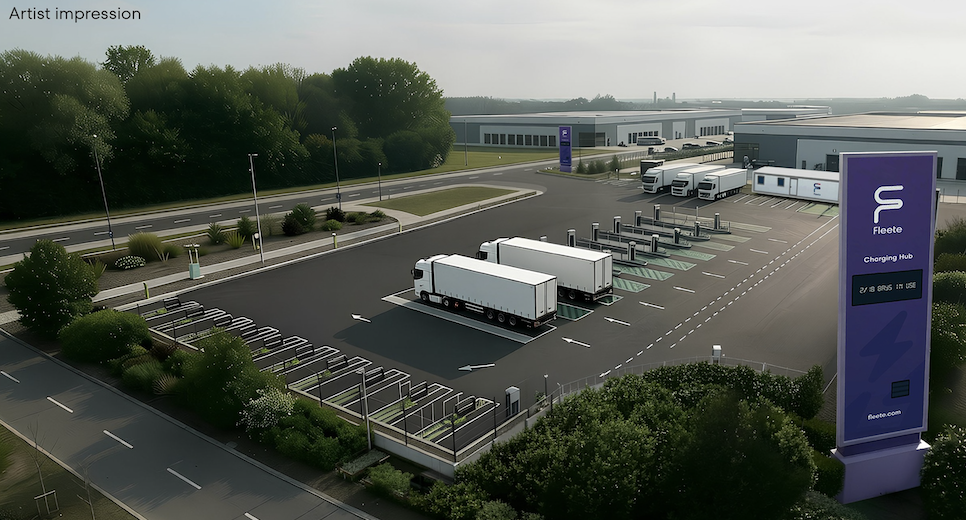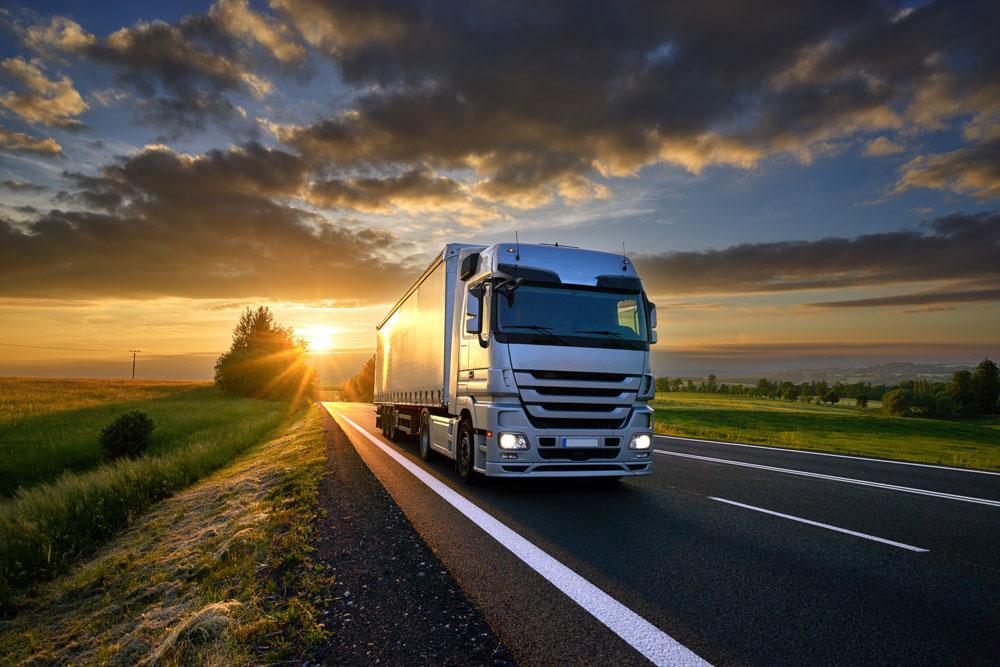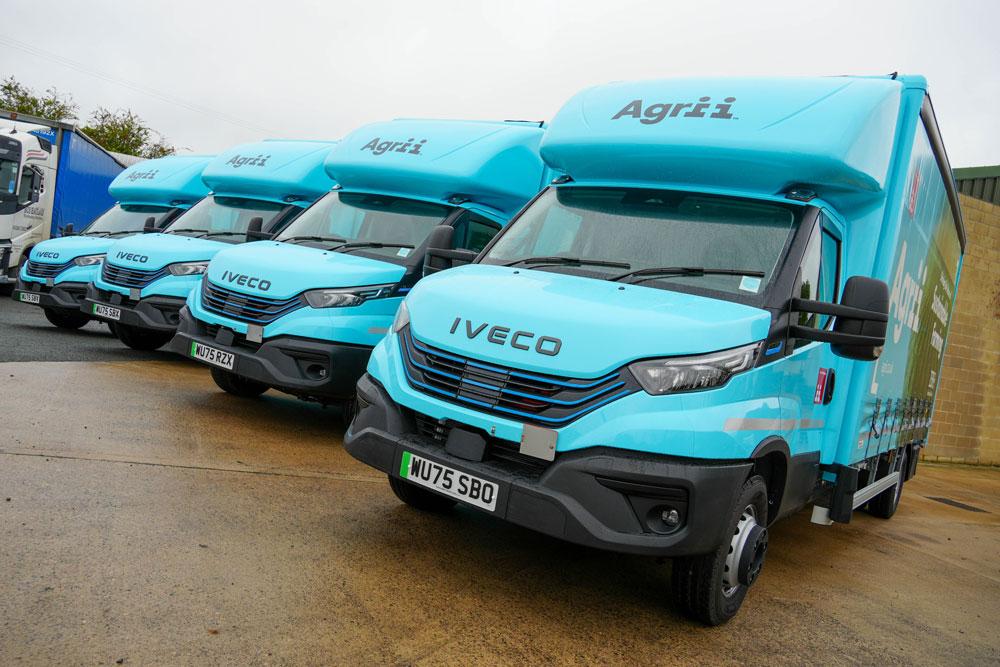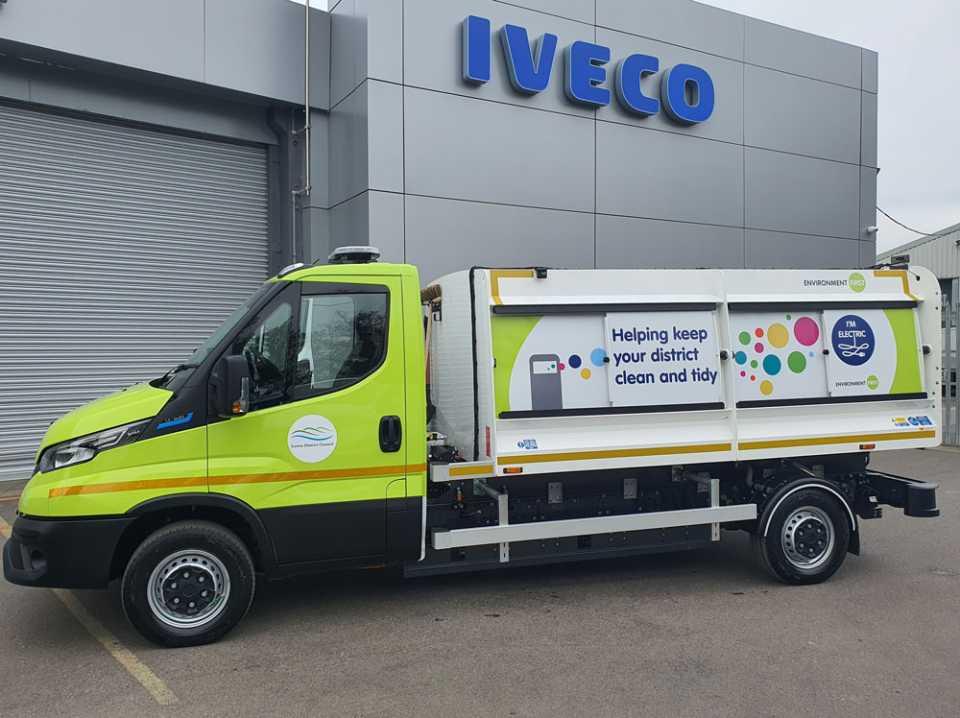A new report from PwC forecasts that the cost of commercial electric vehicles will be on equal footing with their petrol and diesel counterparts by 2024. It suggests that while those who act too quickly might miss out on cost savings, the greater risk is for those who act too slowly in an increasingly emissions-conscious market, as they could be judged harshly by consumers who have made the transition to electric themselves.
While some fleet managers are following a decarbonisation pathway, with our research revealing how they are meeting critical milestones, many are not following a structured approach. This is slowing down the decarbonisation process and sometimes causing unnecessary complications.
But achieving this won’t be easy unless choice and capacity of commercial EVs and charging options accelerate to meet demand.
Matt Alabaster, PwC Strategy& partner and co-author of Fleets Ahead, explains: “As soon as electric vehicles cost the same as their ICE equivalents, electric will be the default choice for consumers. 2024 will likely mark the point at which electric fleets cease to be brand enhancing for the companies that run them. Companies that are still operating ICE vehicles after that point risk damaging their brand: seeing a diesel delivery van running its engine outside your home will cause the same reaction as seeing someone smoking in a bar.
“Electrifying your vehicle fleet is not just about buying the vehicles - it requires new thinking about energy procurement, about how to access the charging infrastructure needed, and about what skills and capabilities you need to manage and operate the fleet.”
The report outlines a number of focus areas that could define the future of the market. This includes public charging provision. The report says that councils should be mandated by the government to do more to accelerate EV charging provision in public spaces, a move that could create a major opportunity for public-private sector collaboration. 66% of those organisations interviewed for the report believe councils have a critical role to play in driving this transition with almost half of fleet drivers stating they have no charging facilities at home.
The report suggests that emerging alliances such as EV1002 with original equipment manufacturers (OEMs) could not only better inform them of industry requirements but create opportunities to co-develop new vehicles.
Addressing choice and capacity - despite there being over 4.6m vans on the road, of which c.3.5m are in fleets, the options available to fleet managers still remain two to three years behind that of the consumer car market. For example, there are only 20 light commercial electric vehicles on the market compared to over 9o EV options for consumers. EV vans currently on the market don’t cater for the full range of performance parameters that fleet operators require with many having to weigh up the trade-off between payload and range. In addition, current charging infrastructure is not designed for larger electric vans, making on-street charging more difficult.
Complex decarbonisation pathway for fleet managers - issues in transitioning to an electric fleet include not only procuring electric vehicles, but also securing access to charging infrastructure, increased power consumption, encouraging staff to adopt/embrace EVs and modifying route networks to adapt to EV performance parameters. Running an electric fleet will also have implications for how and where servicing would be done.
Tackling the difficulties in decarbonising heavy transport - options for decarbonising heavy vehicles are even less developed, with no commonly agreed pathway. While hydrogen is seen as a long term solution, the lack of refuelling options across the UK and the lack of low carbon hydrogen supply creates a barrier to adoption. Biogas is seen as an interim solution but again, infrastructure and manufacturing capacity and range of vehicles available to the industry is key.



